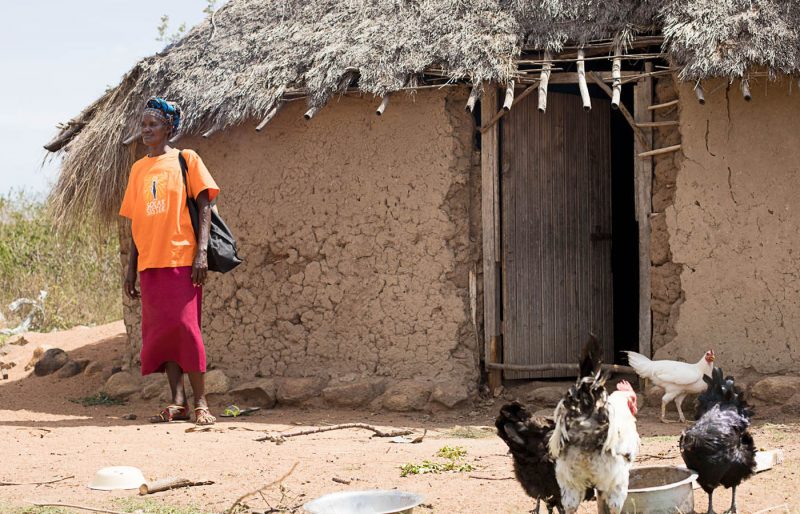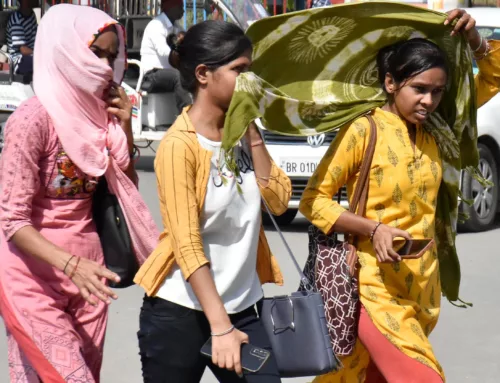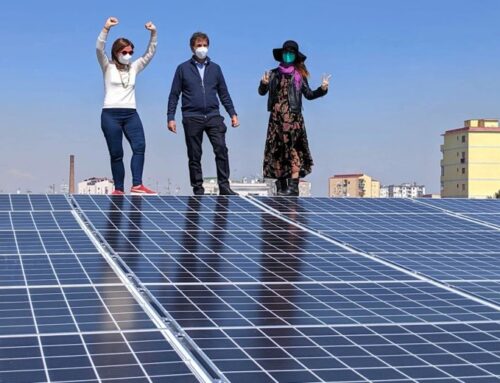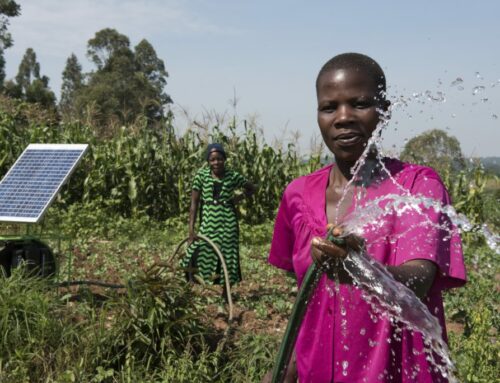Across the world, most notably in developing Asian countries and sub-Saharan Africa, roughly 1.2 billion people do not have access to reliable energy. A lack of energy sources is directly related to global poverty, and it has been estimated that 70 percent of the world’s poorest are female. Because women, particularly in Asia and Africa, are tasked with feeding and caring for their families, experts maintain that energy access and poverty must be examined through a gendered lens. Indeed, when energy sources are not readily available, women are often tasked with either walking miles to find wood or purchasing cheap kerosene lamps despite their documented health and safety risks. The links become clearer still once energy and health care are considered. Across the world, an estimated 800 women die every day from preventable causes related to pregnancy and childbirth. Ninety-nine percent of these deaths occur in developing countries, and a lack of energy access only exacerbates the problem. Several entrepreneurial groups led by women, such as Solar Sisters, have been bringing light and empowerment to some of Tanzania’s most rural villages and becoming community leaders in the process. Photo credit: Various Pressures & Simon Black







